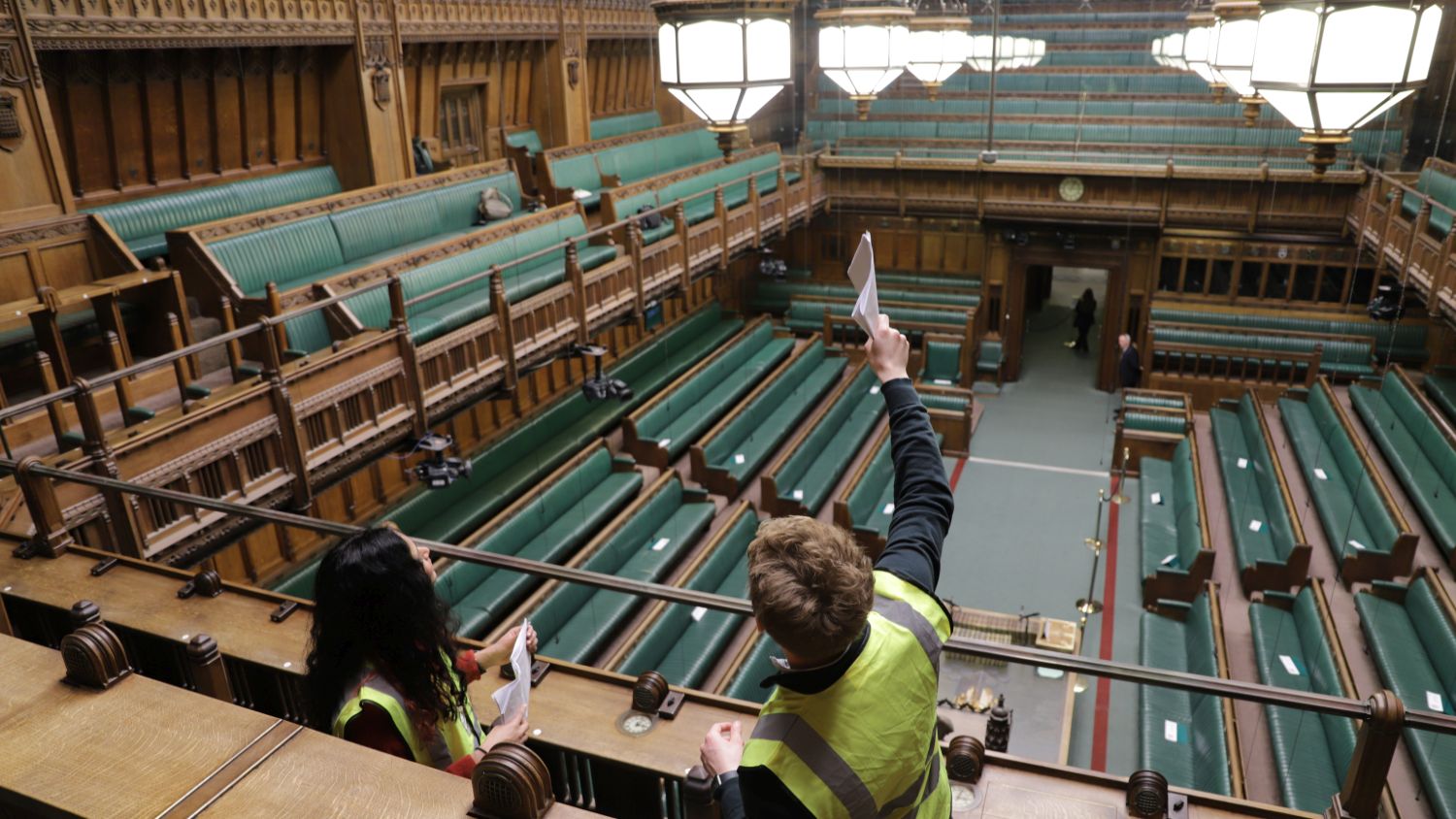
Surveyors will dig 23 boreholes, some reaching up to 70m in depth, to assess ground conditions around the Palace of Westminster.
The work comes ahead of restoration work to preserve the 150-year-old building.
The Houses of Parliament Restoration and Renewal Programme has awarded survey contracts worth more than £4m to seven companies.
Archaeologists will be on site for each of the 23 holes to record any finds of historical significance.
Previous ground investigations in recent decades have uncovered a centuries-old sword and buried fragments of King Henry III’s high table.
Room inspections
Surveyors will also inspect 160 rooms across Parliament, lifting up floorboards, drilling into walls and remove ceiling panels. They will look at a range of issues such as wall cavities, the material makeup of the building and the weight-bearing of historic flooring.
Specialist teams will continue to inspect the hundreds of miles of interconnected power cables, gas, water and heating pipes.
Costs
Restoration work is expected to cost between £7bn and £13bn and take between 12 and 20 years if MPs vacate the building while works take place.
In the event that there isn’t a full decant of MPs, work could take up to 76 years and the repair bill could hit £76bn, according to a report by the Houses of Parliament Restoration and Renewal Programme released earlier this year.
David Goldstone, CEO of the Houses of Parliament Restoration and Renewal Delivery Authority, said: “Our experts are carrying out the most detailed ever surveys of the Palace of Westminster, which will be critical to informing decisions about the essential restoration to preserve our historic Parliament buildings.”
Since January, restoration and renewal programme teams have examined 2,089 spaces across the Palace of Westminster.
Surveys conducted throughout the last Parliamentary recesses included a thermographic study of heat loss from the building, examination of room spaces, and studying conditions just under the surface of the ground to measure tree roots and other obstructions which could impair restoration works.
The first seven winning contractors to handle the survey works are:
Supplier | Contract value |
Aecom (Air Quality) | £83,000 |
Concept Engineering Consultants (Ground Investigation) | £937,000 |
Alan Conisbee & Associates (Building Intrusive Surveys) | £268,000 |
Museum of London Archaeology (Archaeology) | £184,000 |
DBR (London) (General Contractor) | £903,000 |
Ductclean T/A DCUK (FM Asbestos Surveys) | £233,000 |
Instrumentation & Monitoring (James Fisher Strainstall) | £1.63m |
Comments
Comments are closed.



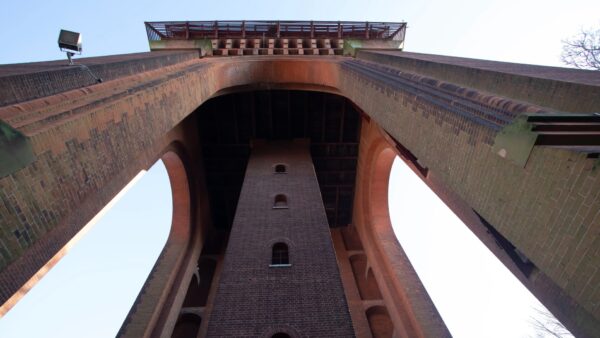
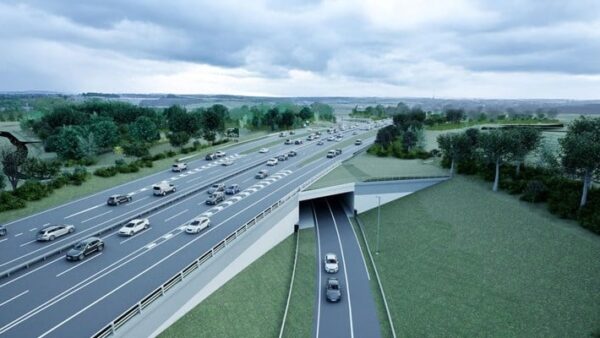
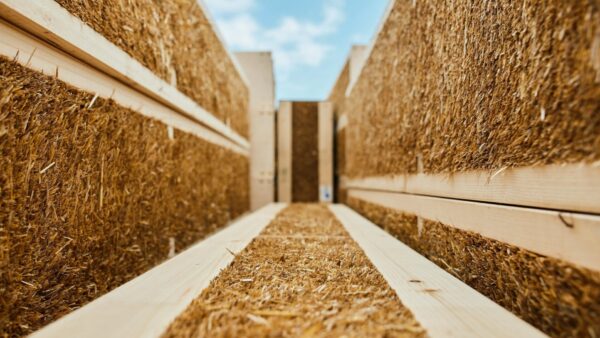
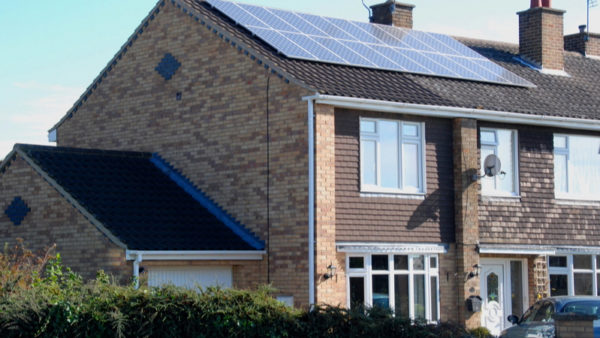
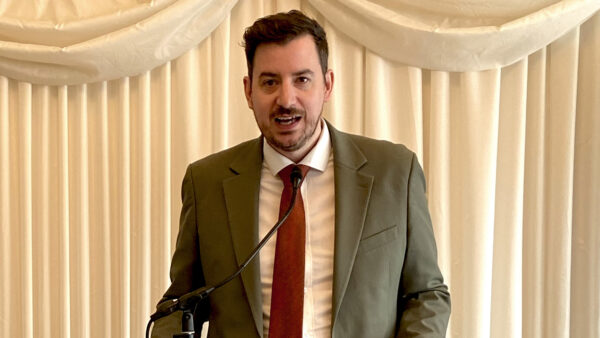
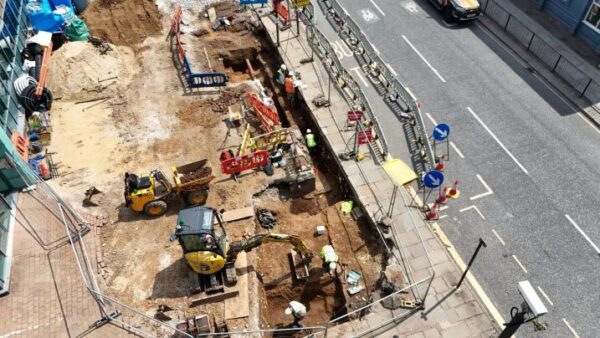



Boris will dig them free of charge, he is an expert
While I believe the work needs doing to preserve the Palace, the government should have realised by now that MP’s don’t have to be in London to meet. It would cost the country far less to meet either in the Midlands or the North
Was demolition and new build ever seriously considered? Would there not be a case for a ‘modern’ building, not necessarily architecturally – a replica is possible- but with contemporary materials that are energy efficient, easier to maintain and have a long term lower carbon footprint? Many historic buildings demolished in e.g. war are rebuilt, why not parliament. It seems absurd to spend potentially many billions to accommodate on a temporary basis parliament for an extended period if that money could be used to create a modern, energy and maintenance efficient building. Unlike many historic structures, parliament by definition is a place of work. In my view, MPs need to consider the priorities – and I for one firmly believe extended renovation will prove unjustifiably, exorbitantly expensive delivering a structure that is improved but still inefficient and expensive to maintain. MPs need to reflect its what they do and the institution they embody that matters, not building housing them.